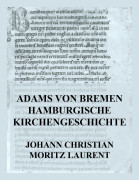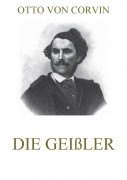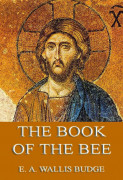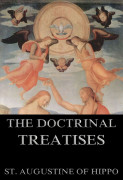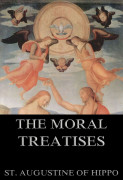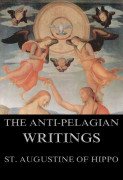Socrates Scholasticus: The Sacred Writings of Socrates Scholasticus
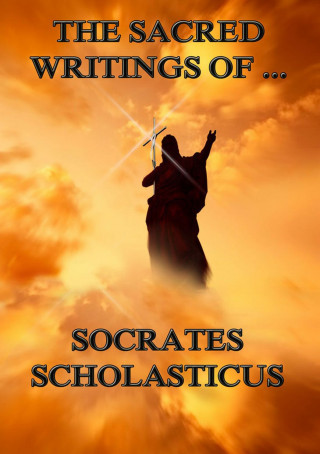
| Produkttyp: | eBook-Download |
|---|---|
| Verlag: | Jazzybee Verlag |
| Erschienen: | |
| Sprache: | Englisch |
| Seiten: | 391 (Druckfassung) |
| Format: | EPUB
Info▼
|
| Download: | 551 kB |
"The Sacred Writings Of ..." provides you with the essential works among the Early Christian writings. The volumes cover the beginning of Christianity until before the promulgation of the Nicene Creed at the First Council of Nicaea.
This work comprises the 'Ecclesiastical History'. Until the beginning of the fourth century historiography remained a pagan science. With the exception of the Acts of the Apostles and its apocryphal imitations, no sort of attempt hadbeen made to record even the annals of the Christian Church. At the opening of the fourth century Eusebius conceived the idea of writing a history which should include a complete account of the Church's life to his own days. Hence he has correctly been called the Father of Church History. His work was done so satisfactorily to his contemporaries and immediate successors that none of them undertook to go over the same field again. They estimated the thoroughness and accuracy of his work much higher than later ages have done. But this respect, which enhanced the magnitude of his work in their eyes, at the same time inspired many of them with a desire to imitate him. As the title of the work indicates, the subject is chiefly the vicissitudes and experiences of the Christian Church; but the author finds various reasons for interweaving with the account of ecclesiastical affairs some record also of the affairs of the state. His statement of these reasons puts first among them the relief his readers would experience by passing from the accounts of the perpetual wranglings of bishops to something of a different character; second, the information which all ought to have on secular as well as ecclesiastical matters; and third, the interlacing of these two lines, on account of which the understanding of the one cannot be full without some knowledge of the other.
